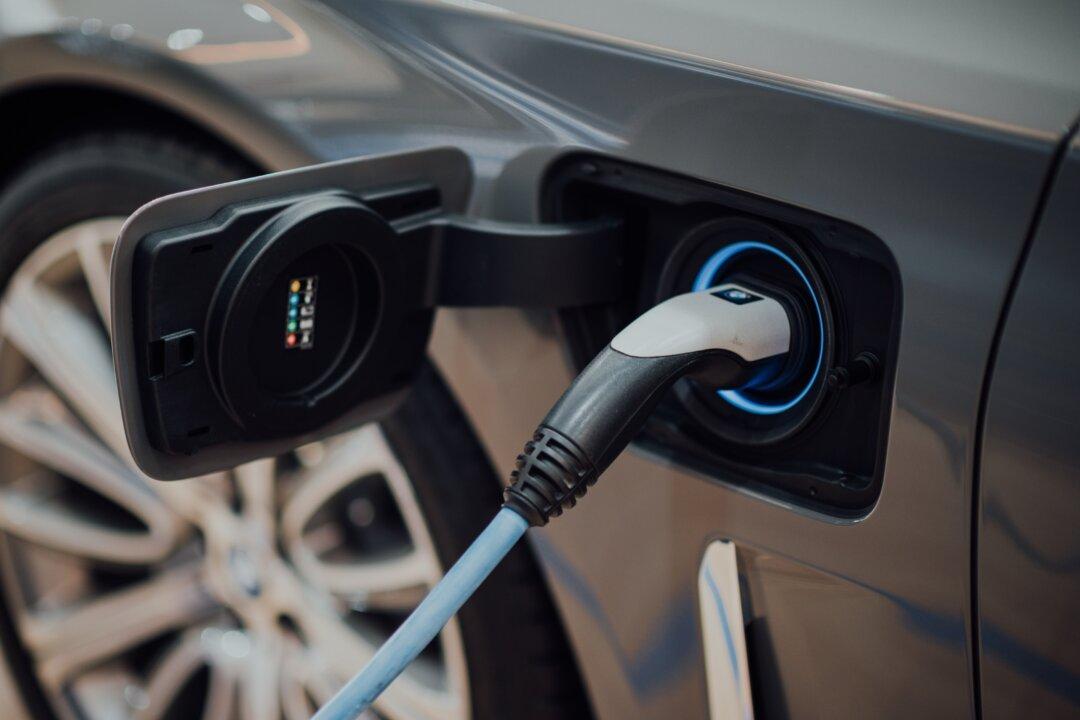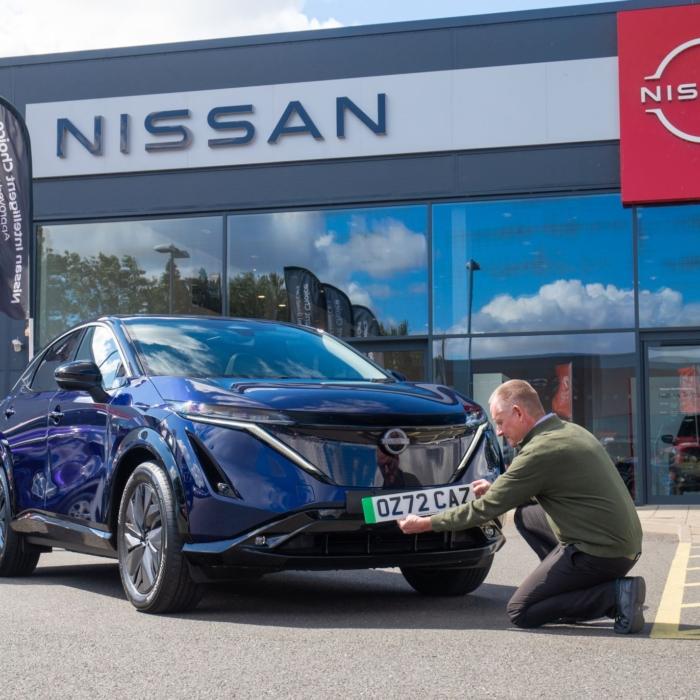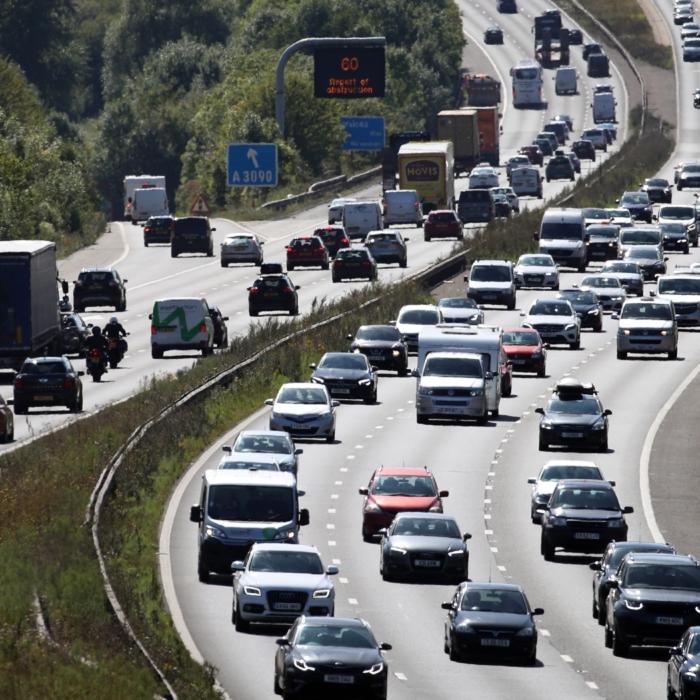The number of UK consumers buying electric vehicles (EVs) fell for the first time last year, with the latest figures announced just as the government threatened manufacturers with hefty fines if they fail to meet minimum sales targets.
Electric cars made up 16.5 percent of the new vehicle sales last year, while the total new car market grew by almost 18 percent, according to figures released by the Society of Motor Manufacturers and Traders [SMMT].
While overall sales of EVs reached a new high of 315,000 units, their market share was down slightly from 16.6 percent during the previous 12 months to 16.5 percent.
Purchases of electric vehicles plummeted sharply by 34.2 percent in the last month of 2023, but the SMMT attributed this to an “abnormal” December in the previous year when a very high number of sales were made.
“Just one in 11 private consumers last year chose an EV,” said Mike Hawes, head of SMMT, as he called for a VAT cut to ignite the market and meet new government targets.
Mr. Hawes said the UK’s market share for EVs was “probably in the bottom half in Europe,” below nations such as France, Germany, Ireland and Portugal, which he attributed to a lack of incentives for private consumers.
The Department of Transport announced this week it will increase the electric vehicle mandate gradually from 22 percent in 2024 to 100 percent in 2035 as part of its drive toward net zero.
The government said the zero-emission vehicle mandate will be gradually increased to 100 percent by 2035, when a ban on new petrol and diesel cars is planned.
Manufacturers who fail to abide by the mandate will be fined £15,000 for every internal combustion engine car they sell above the 78 percent limit.
Mr. Hawes said the new sales mandate should “compel supply, but it can’t compel demand.”
“All the evidence will show over the course of the year that that private demand isn’t increasing on its own to meet future trajectories. We might be all right this year, but in future years, we are really going to struggle.”
EVs are marketed as having lower running costs compared to petrol and diesel vehicles, but the upfront cost is between 30—40 percent higher than the average new car, according to the SMMT.
The SMMT called on the government to halve VAT to 10 percent on new EV purchases by private buyers for three years, a move which it says would reduce price tags by around £4,000 on average.
This would be roughly similar to tax incentives available for fleets purchasing new electric cars, the organisation said, and should result in an estimated 250,000 additional battery electric new cars on the road over three years.
The Government pushed back a ban on the sale of new diesel and petrol cars from 2030 to 2035, in a move denounced by green campaigners but welcomed by many consumer and civil liberties groups. The Labour Party has pledged to move the ban back to 2030 if it wins the general election this year.







